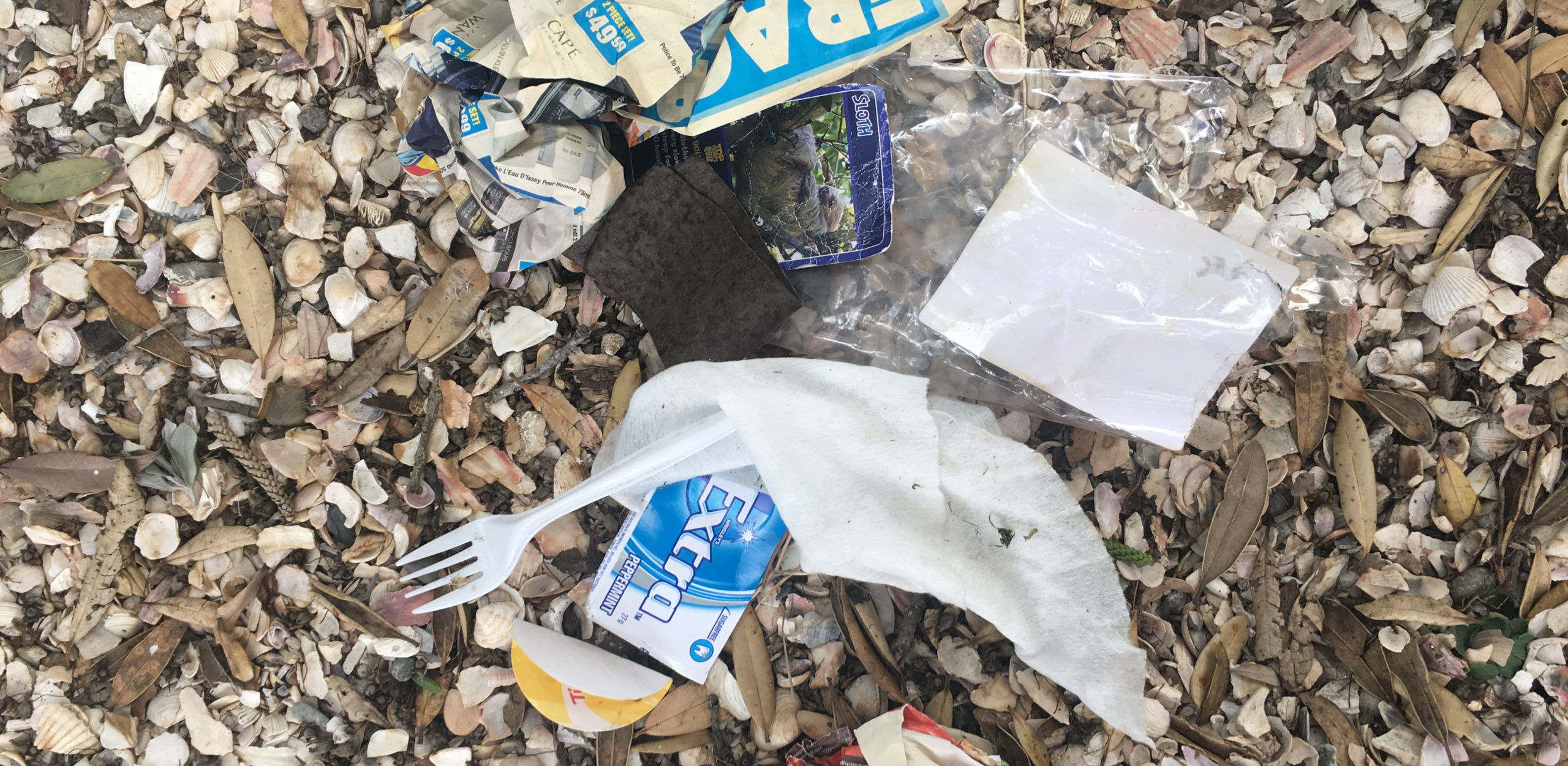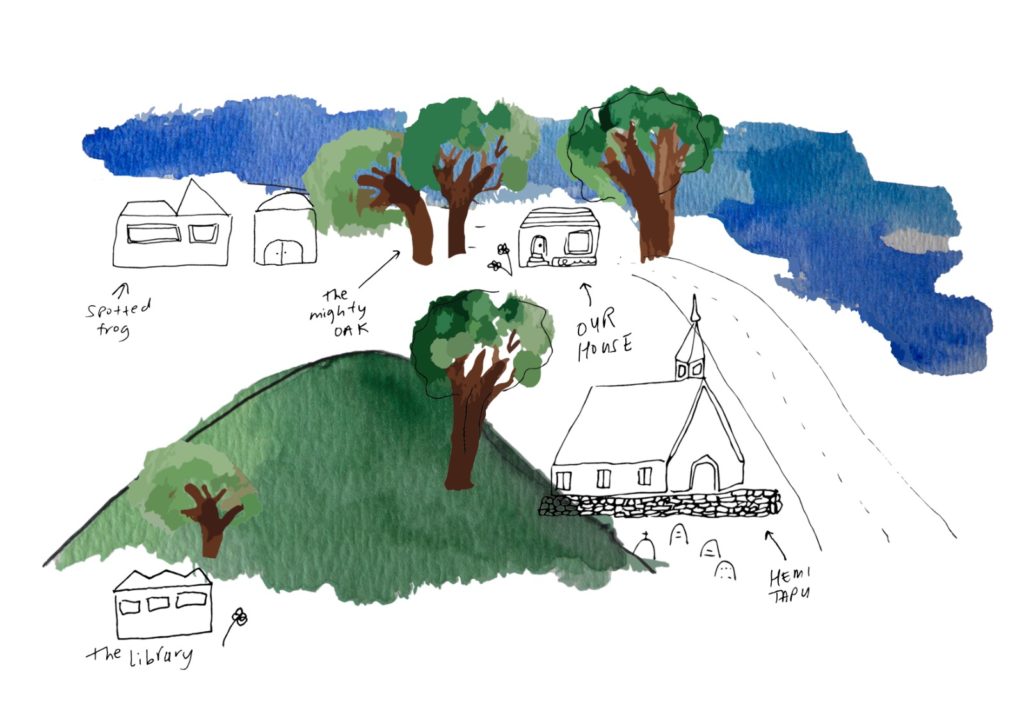
24 Feb Monthly Practice: Picking up the Pieces
Every day—every single moment—can be an invitation to prayer. Prayer happens as we come aside to be with God in a quiet place, but it can also be intertwined in the minute-by-minute, hour-by-hour daily rhythms: making morning coffee, washing the breakfast dishes, filling out tax forms, picking children up from school, or meeting with a client. Prayer is not some abstract event that happens separate from our lived experience. It is shaped by the particular context and places in which we live, work, rest, study, and play.
As I think about hope in the midst of the degradation of God’s world, it is easy for me to be distracted by two things: either by my anxiety and fear about what will become of God’s creation or by my cynicism and withdrawal from the problem at hand. But, through the lens of prayer, I can name my fear and my trust, my lament and my delight, my sorrow and my hope. Most importantly, I can bring all these things to God in prayer. And I can bring these things to God in my daily life—right outside my front door.
The practice
Consider your home and the streets or area around it. Whether you live in a house, an apartment, a flat, a caravan, or some other space, you can be aware of the streets around your dwelling. City or suburbia, urban or rural, village or city centre—you are well placed to know your neighbourhood.
I invite you to go on a prayer walk around neighbourhood. With your heart and mind and body, I invite you to pray as you walk. In prayer, notice the desolate spaces, the places of pollution, the places of intense noise or desolation. And notice the places that are surprising or occasions of joy, and the places where creation is restored, even for a moment. As you walk, I invite you to do two things: firstly, in prayer, offer up your concerns and fears to God, and, secondly, care for God’s world by picking up the rubbish you come across.
Three prayers can help you do this:
Pray, “Lord, have mercy; Christ, have mercy.”
Pray, “The earth is the Lord’s, and everything in it. The world and all its people belong to him.” (Ps 24:1)
Pray, “Come, Lord Jesus.”
What does this actually look like? Here’s a summary:
- Prayerfully walk your neighbourhood, noticing places of pollution and flourishing.
- As you notice these places, what is stirred within you? Take this to God in prayer with a prayer of lament (“Lord, have mercy”; “Come, Lord Jesus”) or a prayer of praise (“The earth is the Lord’s, and everything in it”).
- Pick up any rubbish as you go; sort it and put it in the appropriate bin at home or at your work.
- You can continue to practice this by yourself or do it with your household. Over time, what is God saying to you? Are there other actions you want to take up to care for creation in your neighbourhood?
To give you a sense of what this is like, I’ll give you a snippet of my prayer practice in action.
Last week, I went for a walk. It was rubbish day. Overflowing bins of rubbish lined our street.
“Lord, have mercy.”
On our street corner, someone had dumped a mattress that they no longer wanted.
“Christ, have mercy.”
Further down my block were various lolly wrappers, plastic wrappings, and newspaper sheets crumpled against some bushes. I picked these up.
“The earth is the Lord’s, and everything in it.”
Turn the corner and pass the Baptist church.
“Come, Lord Jesus.”
Notice bright yellow daisies growing up through the footpath cracks.
“Come, Lord Jesus.”
Further up the street, a huge housing complex is being built.
“The world and all its people belong to him.”
Past my church, St. James Anglican Church, and return home.
“Christ, have mercy.”
A final reflection and prayer
So what does this achieve? How does it actually help anything? Well, it achieves many things. Perhaps, most notably, amidst the chaos of 21st century culture, it locates us in God’s story and thus restores us to creation. And it reminds us that this is God’s world, not ours. We play a part in it, but we cannot ourselves solve the problem of climate change or polluted oceans. There is both great sadness and a sober relief in that. However, the practice also challenges us to go deeper—deeper in prayer with lament, grief, sadness, and anger, and also joy and delight. Lastly, such a practice helps us to notice what modest action we can take now in our neighbourhood. Nothing is wasted with God. Not one thing. Not one prayer. Not one blade of grass.
Jesus, Son of God, be with us
as we live, work and dwell in this world our home,
which exists by your grace.
Help us to steward this place, this land, and its people well.
Help us Jesus when we are fearful and anxious.
Help us when we are sad and disheartened.
Help us Lord by your Spirit, and with our whole selves
to notice our neighbourhoods afresh.
When we need to act through prayer, help us to do this;
when we need to act through gifts of service and love, help us to do this;
in Jesus’s name we pray.
Amen.
(Images: Supplied by Rachel Kitchens, Venn 2022)


